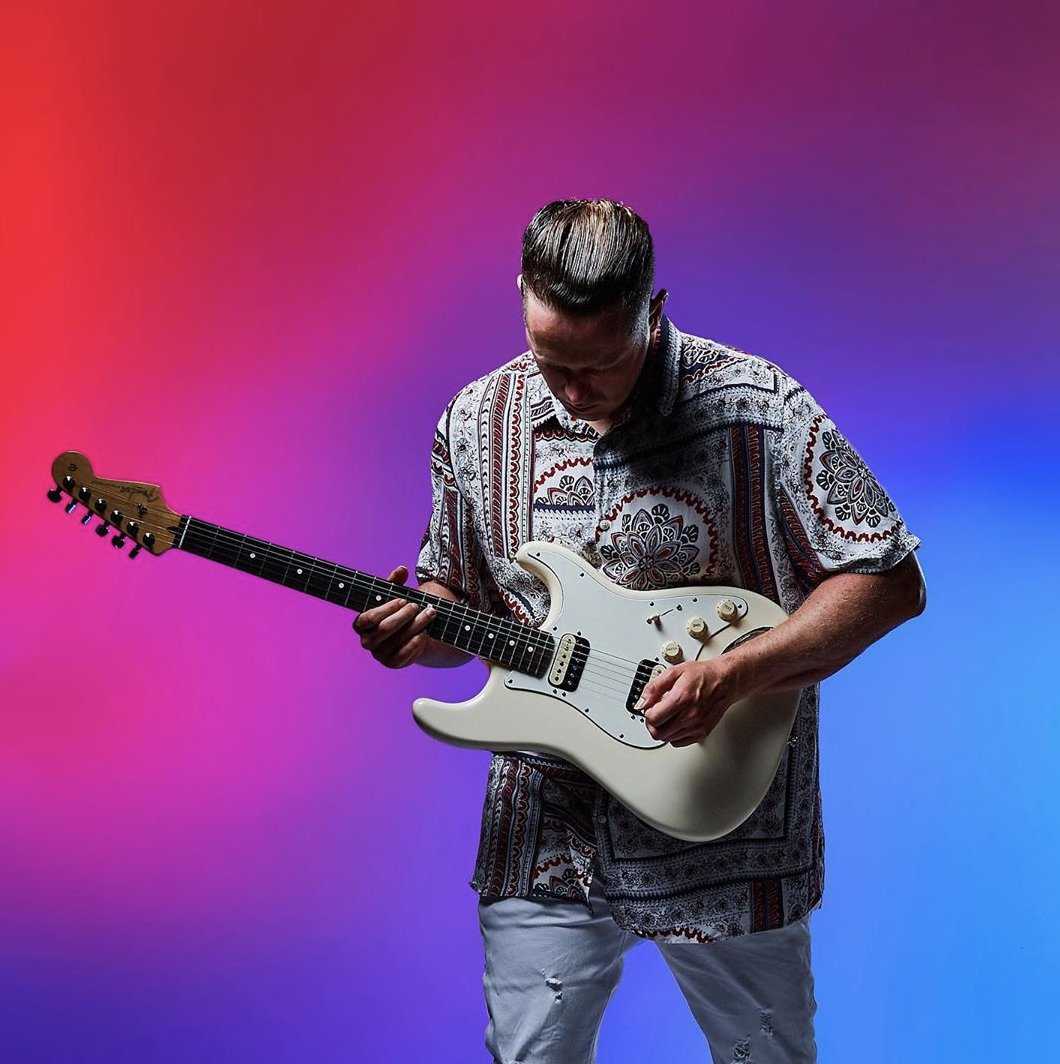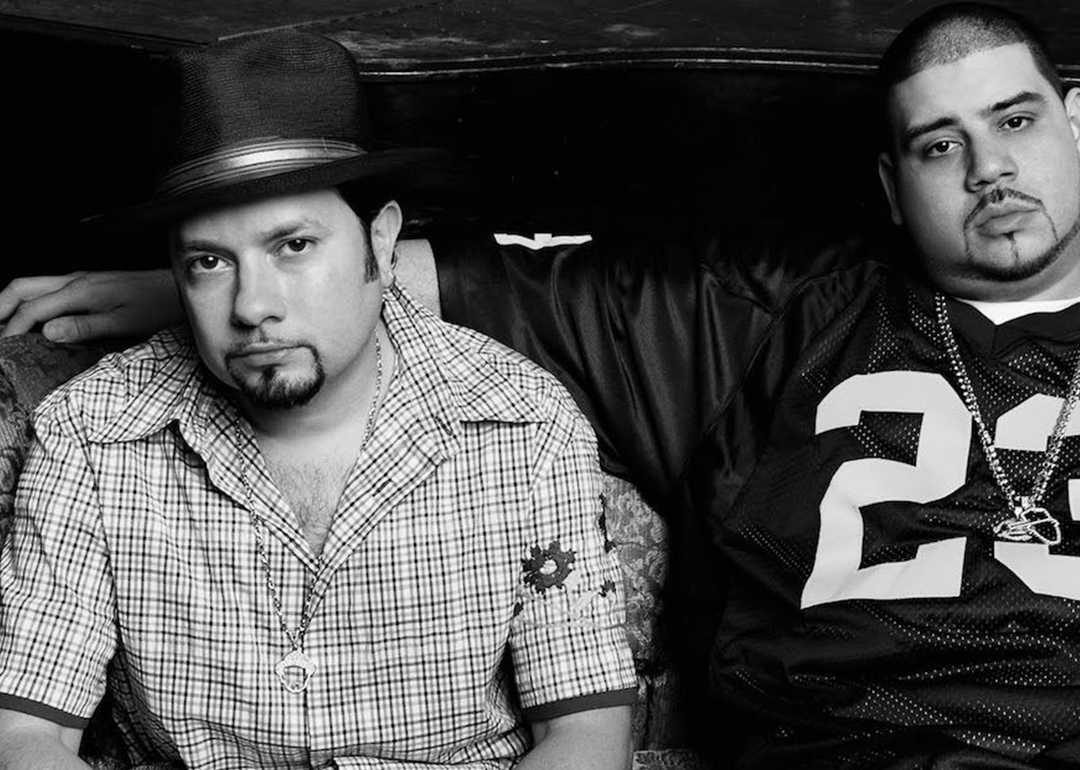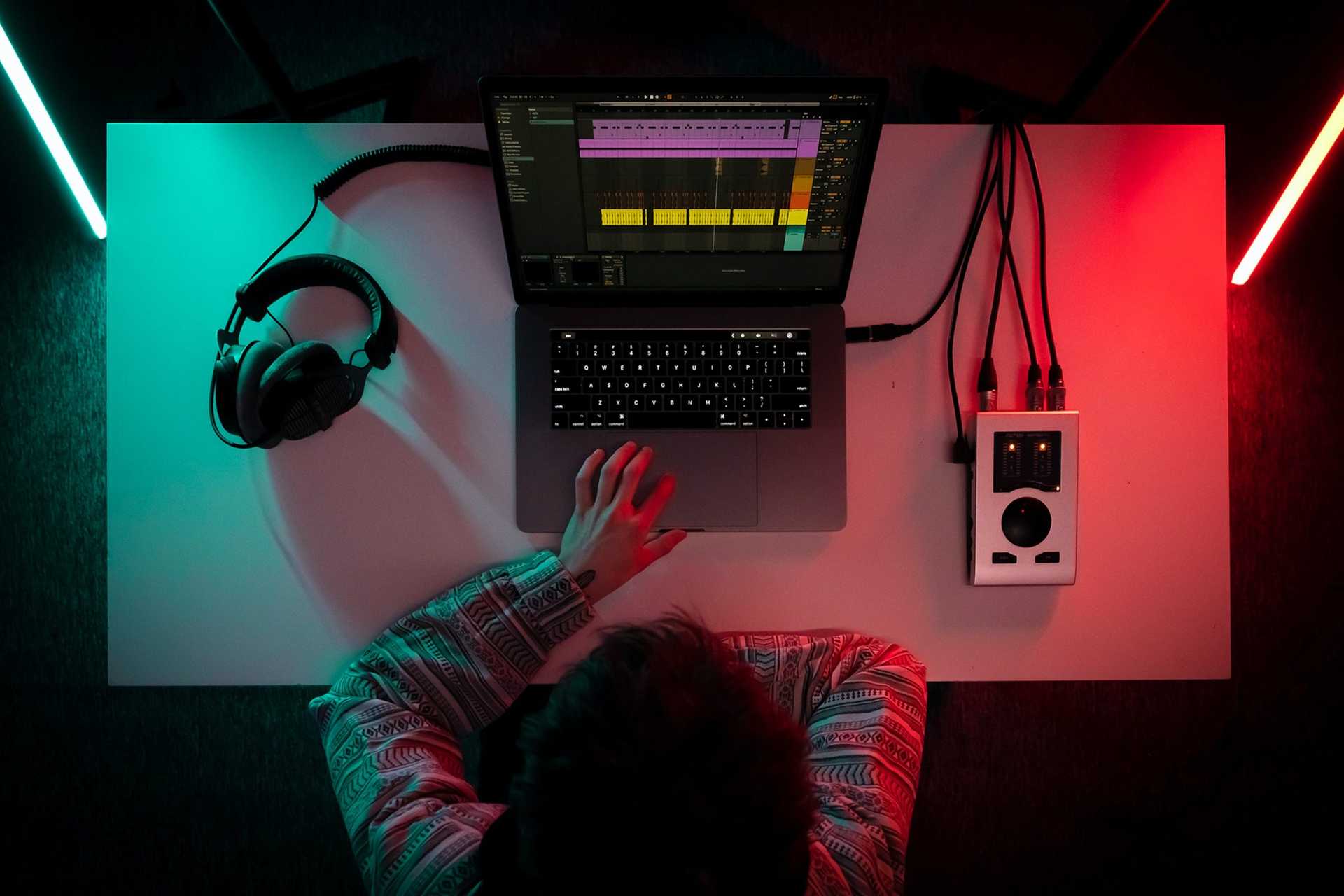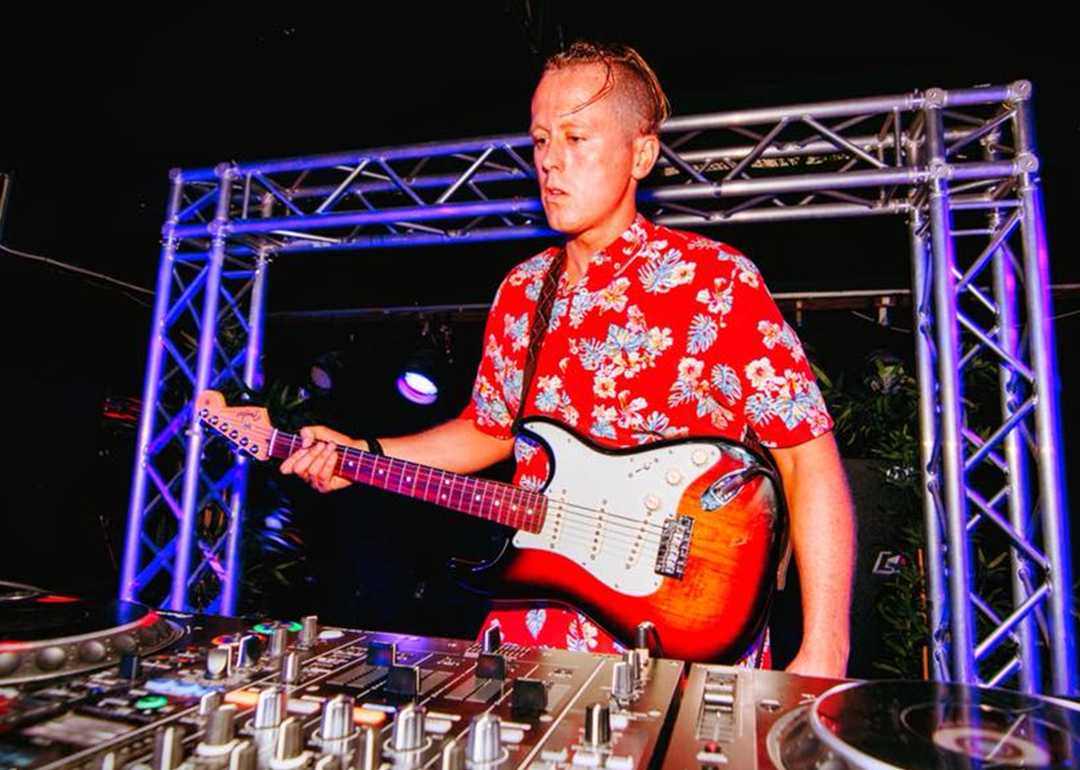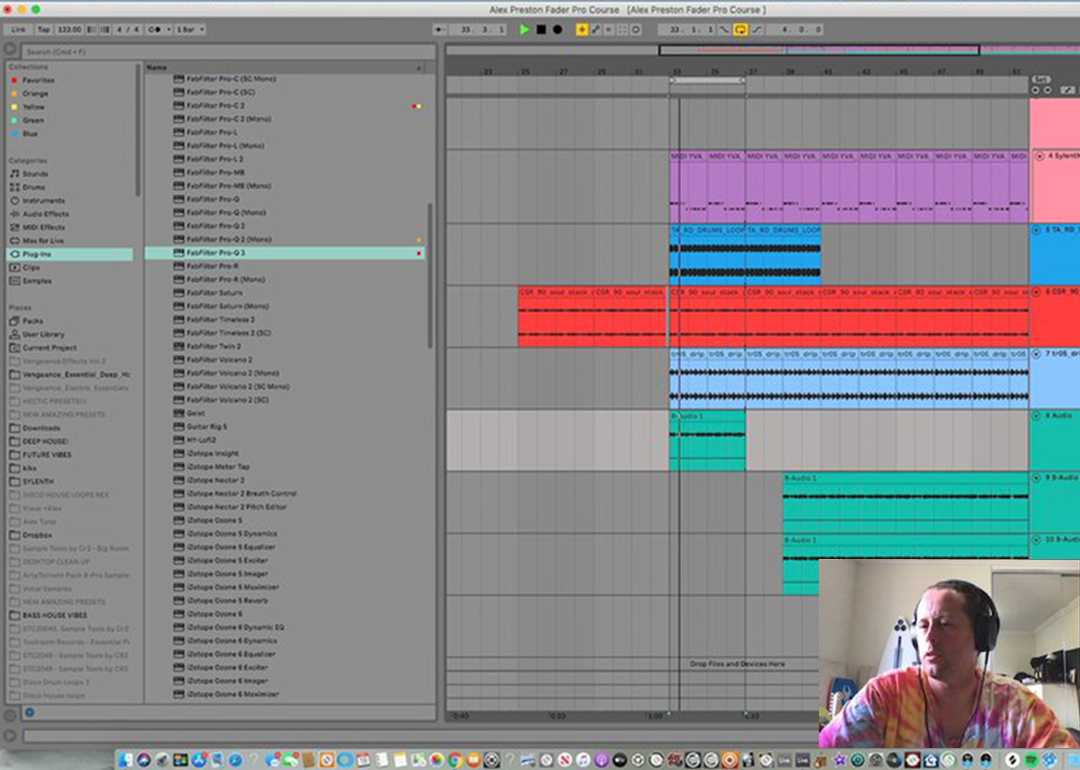There is no denying that sample-based House music has absolutely taken over both the club and the festival scene in the last three years. While a well-placed sample has been the key to many of today’s greatest records, there’s a certain finesse that can only be provided by a live musician in the context of House, Tech House and Techno. Today, we’re sitting down with the latest Toolroom family inductee Alex Preston to discuss the ins and outs of musicianship in electronic music, the Toolroom Poolside 2020 album he’s been put on DJ duties for, and what the future holds for our genre as a whole.
Since the early days of Electronic music, live instrumentation has played a critical role in creating some of the world’s most favored tracks. In recent years, however, we have seen the subtle art of playing live has been lost in a sea of sample-based music. Sure, there is nothing wrong with this, per se. After all, sampling is essentially what “started it all” in both House and Techno, and is a vitally important aspect of modern production.
However, there has come a time whenever we have all heard far too many Loleatta Holloway vocals being rinsed time and time again, and the winds of change have once again breathed some much-needed life into the music scene. Poke through the Beatport pages of today’s leading labels, and you’re sure to find that 2020 has begun to see the tides start to turn in terms of live instrumentation once again finding its way back to our beloved genre.
However, that is not to say that it was ever truly “lost.” Perhaps it was more just set aside, pigeonholed by crowds of young clubgoers who were dying for yet another familiar vocal hook, even if it had been done ten times before. Thankfully, as audiences mature, so do sounds, and we have found ourselves harkening back to a style and era we are all a bit nostalgic for.
Electronic music is a cyclical industry. What’s hot now will certainly go out of style, only to return in a different iteration ten years later. Consequently, what was laid to rest five years ago will, almost certainly, come back around at some point as well. For instance, let’s look back at 2000, a year when some of today’s hottest DJs were hardly out of diapers, much less behind the decks. 2020 was a pivotal year for not just our genre, but also the world at large. Moreover, it was this year that Masters At Work released what is arguably one of their finest records, “To Be In Love.”
Masters At Work,a duo project that is the brainchild of Louie Vega and Kenny Dope, are revered for their chops in the studio, as well as their influence on House music as a whole. Best of all, these two were no stranger to the fine art of working alongside a session musician.
In fact, if we look to the production credits of “To Be In Love,” we are greeted with a star-studded lineup of creative collaboration that made this record possible. Though it is to be expected that both Vega and Dope are listed as the song’s composers, you will find that Gene Perez is listed as playing bass, Vincent Montana on vibraphone, and Albert ‘Sterling’ Menendez credited on keys. If you were to ask us, that’s a lot more interesting than a collection of shoddily ripped YouTube samples. There’s an element of soul and collective energy that can only be achieved by bringing other people into the records you make.
Best of all, Mark Knight himself and the Toolroom family are no strangers to similar acts of creative collaboration.
House music in 2020 has (thankfully) taken a turn from the glitched out, lo-fi Tech House sounds dominating festival sets for what now seems like an eternity. While we’re certainly a fan of 3:00 AM club bangers, it’s safe to say that all sounds have a way of getting a bit stale after being left on repeat for so long. Always pushing to be on the cutting edge, but being no stranger to throwing caution to the wind and doing his own thing, Mark Knight has done the damage once again with his latest single “If It’s Love.”
Making a U-Turn from Tech House, the bossman has returned to his Soulful House roots, gifting us with a track that features vocals from Laura Davie and the Melody Men. While we could talk the record up all day, we should let Mark take the reigns on this one…
“With If It’s Love, I wanted to produce a record that had the fundamental assets all good song production: melody, hooks, meaningful lyrics, and a great arrangement an art I feel is being lost right now in house music.” So the challenge was to make a big, soulful, vocal house record – the kind that I fell in love with in the mid-90’s – but do it in such a way that would translate in the here and now.”
Every producer worth their salt is more than familiar with the hundreds, if not thousands of hours that are spent behind a computer screen on your lonesome. It is times like these that separate professionals from the amateurs. As they say, overnight success takes about 10 years! But, when you hear the term “collab,” you probably think of Soundcloud producers looking to gain an extra 100 followers by popping up on each other’s feeds. While proper collaborations between producers serve as a way of growing their fan bases, and are perhaps responsible for some of the greatest records ever conceived, collaboration is not limited to writing drums and programming MIDI alone.
At Toolroom, we are huge advocates of bringing others into your studio sessions to enhance your final product. The fact of the matter is that most producers are far from being classically trained musicians, or even studio engineers for that matter. But, that’s not to say that you can’t benefit from the skills of others when crafting the records that will (hopefully) help to define your musical journey for years to come.
Take, for example, yet another bit of advice from Mark Knight on this one
“If you look at classic music producers, they are ones with the overall vision for a track – the person who pulls everyone together to make the finished piece. I always say that there’s zero shame, as a producer, in getting great musicians and performers to contribute to your track. I could spend hours on the keys myself, or instead, I could draft in an artist like Davos to come in and nail it. Why not push the potential of your track further, by drafting in some amazing musicians to lift it above everything else on the market?”
While the Toolroom head honcho is certainly one to experiment with the flavors of yesteryear in his 2020 productions, it is versatility like this that we push all of our artists to strive for.
The newest addition to the Toolroom Family, Alex Preston, has proven himself one to watch in 2020. Having the rare combination of being instrumentalist at heart, but also a future superstar in the studio, he has taken 2020 by storm. With releases on some of today’s leading imprints and having been bestowed the honor of mixing the Toolroom Poolside 2020 compilation, we’ve had the privilege of sitting down with him and discussing the state musicianship in Electronic music today.
Here’s what he had to say concerning all of the above…
When I first started to produce electronic music, I found it helped, as I immediately understood the music theory behind what was going on in Ableton, such as how to tune all my samples. But, that was back in everyone was making big-room bangers. Now that my style has evolved into being very house focused, with loads of disco, soul, and blues influence. I’m able to draw on the music I’ve learned to play ever since I was a kid.
Learning an instrument helps you understand music theory, particularly piano or guitar, as you learn chord structures. That being said, though, some of the best producers around at the moment have no musical training, but amazing ears. So, they aren’t confined by all the rules you learn in music. As a result, they come up with quirky bass lines that just work. However, for the disco-influenced house that I’m making at the moment, I feel that having a musical background helps.
I would encourage people who are starting to do both! Learn to play an instrument like bass guitar, and learn Ableton at the same time. Being able to record yourself and listen back only helps you get better faster. Also, I think learning an instrument and making music go hand-in-hand. I’m forever trying to learn new things about what’s possible on Ableton or in the studio, and trying to perfect a new riff on guitar for a track.
My mum made me join the school band when I was eight, and play the clarinet. Then, I picked up a guitar when I was about 10. My mum played clarinet and taught me when I was a kid, and my dad can bash out a couple of tunes on the guitar as well.
I can play guitar, bass, drums & percussion, keyboard (with terrible technique) & a bit of harmonica, haha! Maybe still the clarinet, but I haven’t tested that theory since I was about 12.
Definitely guitar, bass, and probably drums & percussion. In every track I make, I pretty much use all 3.
The most challenging thing I attempted recently was a cover of Mark Knight & Funkagenda’s “Man With The Red Face” for a live stream for the Poolside Album. I had to listen to the original track and work all the parts out by ear, then work out how best to perform them to not only do justice to the original track, but also put my own spin on it. I then had to work out the sax solo, reinterpret it for a guitar solo, and then play it live on the stream.
I find covers like this harder than making originals, as I find the originals just come out of me, whereas a cover requires practice and nailing all the parts.
It feels pretty surreal, and I feel so grateful for all the support I’ve received this year. Working with Toolroom and with artists like Lee (Friend Within) and Siege has been a dream.
It’s good to be part of such an amazing team. Everyone is super positive, and great to work with.
I think it has been sticking to my style of music, as well as spending a lot of time in the studio practicing and refining it.
This is going to sound really cliché, but you need to find what makes you, you, and just be about that. Don’t try and copy anyone else or imitate someone else…unless it’s to learn something.
Folamour– I think a musician and producer he’s pretty insane. I saw him live before COVID, and it was one of the best DJ sets I’ve ever seen!
Absolutely. I think the next generation will have so much to offer us. I love being able to teach people and help them improve their ability to express themselves through music. I think encouraging them to bring a bit of live instrumentation to electronic music is fun as well. I think the world is going through a lot right now on so many levels. We could be on the verge of a musical, and cultural revolution, so I’m excited to see where the next generation goes with it all.
Having seen Electronic music through its darkest and brightest days, we have high hopes for what is to come in 2020 for our genre. Could it be that with global lockdowns forcing today’s best artists indoors and faltering the most ironclad touring schedules, that we will see a resurgence in artistic synergy like never before?
Perhaps it’s been being trapped inside all day that’s caused a growing bunch of producers to buck the trends, and return to a soulful, funky sound that can help to deliver a much needed sense of positivity to a world that appears to have gone mad. Maybe. And, if that’s the case, that begs the question if we are genuinely on the verge of what Preston calls a “musical and cultural revolution.”
While there is no saying with certainty, even a brief listen to some of what new producers like Preston, or even seasoned veterans like Mark Knight are putting out these days has us thinking that we couldn’t have said it better ourselves.
